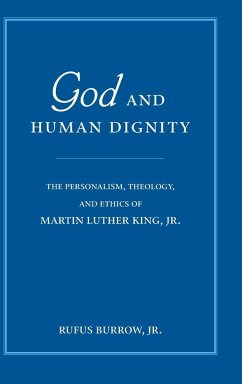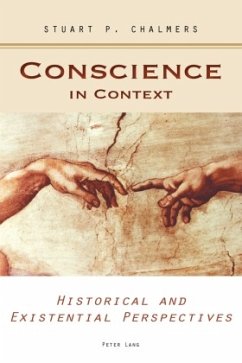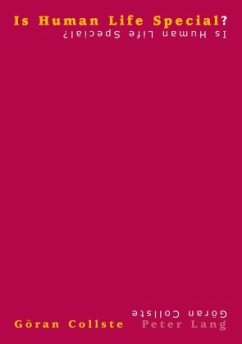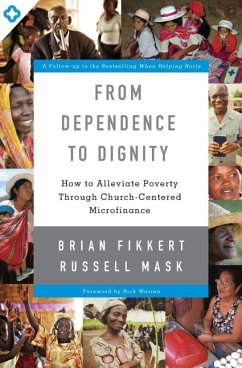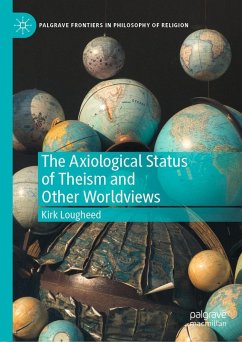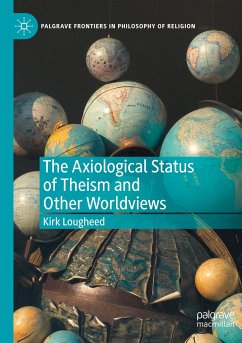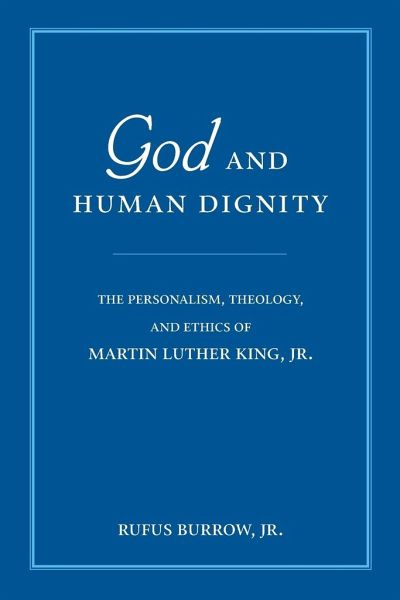
God and Human Dignity
The Personalism, Theology, and Ethics of Martin Luther King, Jr.
Versandkostenfrei!
Versandfertig in 1-2 Wochen
40,99 €
inkl. MwSt.
Weitere Ausgaben:

PAYBACK Punkte
20 °P sammeln!
Although countless books have been devoted to the life and work of Martin Luther King, Jr., few, if any, have focused on King's appropriation of, and contribution to, the intellectual tradition of personalism. Emerging as a philosophical movement in the early 1900s, personalism is a type of philosophical idealism that has a number of affinities with Christianity, such as a focus on a personal God and the sanctity of persons. Burrow points to similarities and dissimilarities between personalism and the social gospel movement with its call to churchgoers to involve themselves in the welfare of b...
Although countless books have been devoted to the life and work of Martin Luther King, Jr., few, if any, have focused on King's appropriation of, and contribution to, the intellectual tradition of personalism. Emerging as a philosophical movement in the early 1900s, personalism is a type of philosophical idealism that has a number of affinities with Christianity, such as a focus on a personal God and the sanctity of persons. Burrow points to similarities and dissimilarities between personalism and the social gospel movement with its call to churchgoers to involve themselves in the welfare of both individuals and society. He argues that King's adoption of personalism represented the fusion of his black Christian faith and his commitment not only to the social gospel of Rauschenbusch, but most especially to the social gospelism practiced by his grandfather, father, and black preacher-scholars at Morehouse College. Burrow devotes much-needed attention both to King's conviction that the universe is value-infused and to the implications of this ideology for King's views on human dignity and his concept of the "Beloved Community." Burrow also sheds light on King's doctrine of God. He contends that King's view of God has been uncritically and erroneously relegated by black liberation theologians to the general category of "theistic absolutism" and he offers corrections to what he believes are misinterpretations of this and other aspects of King's thought. He concludes with an application of King's personalism to present-day social problems, particularly as they pertain to violence in the black community.




